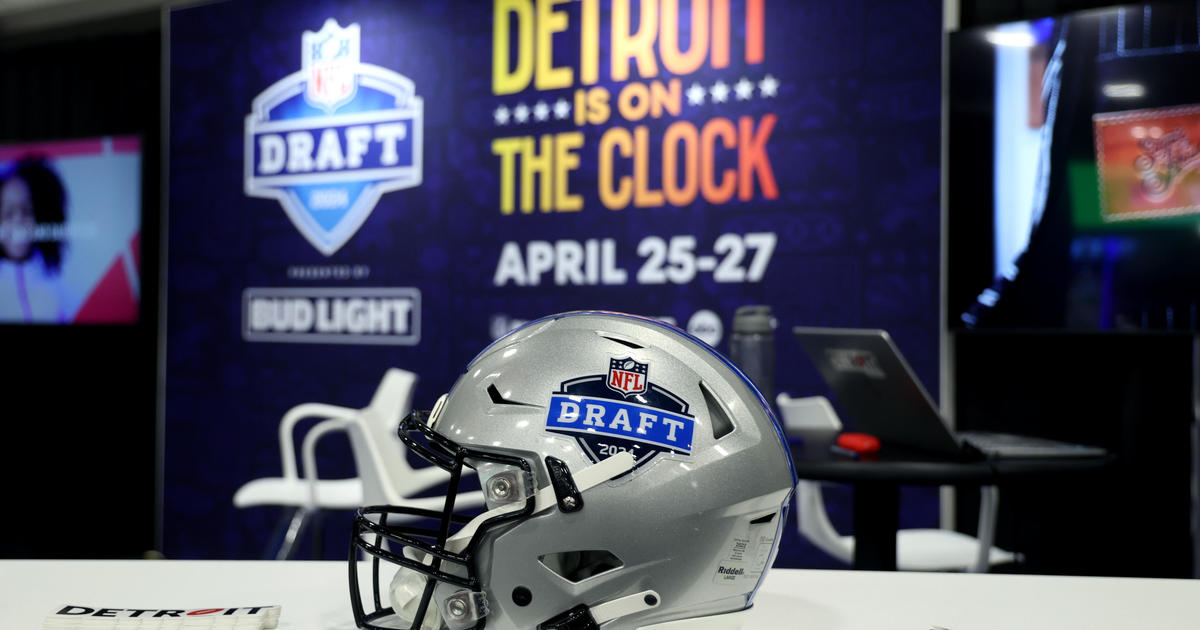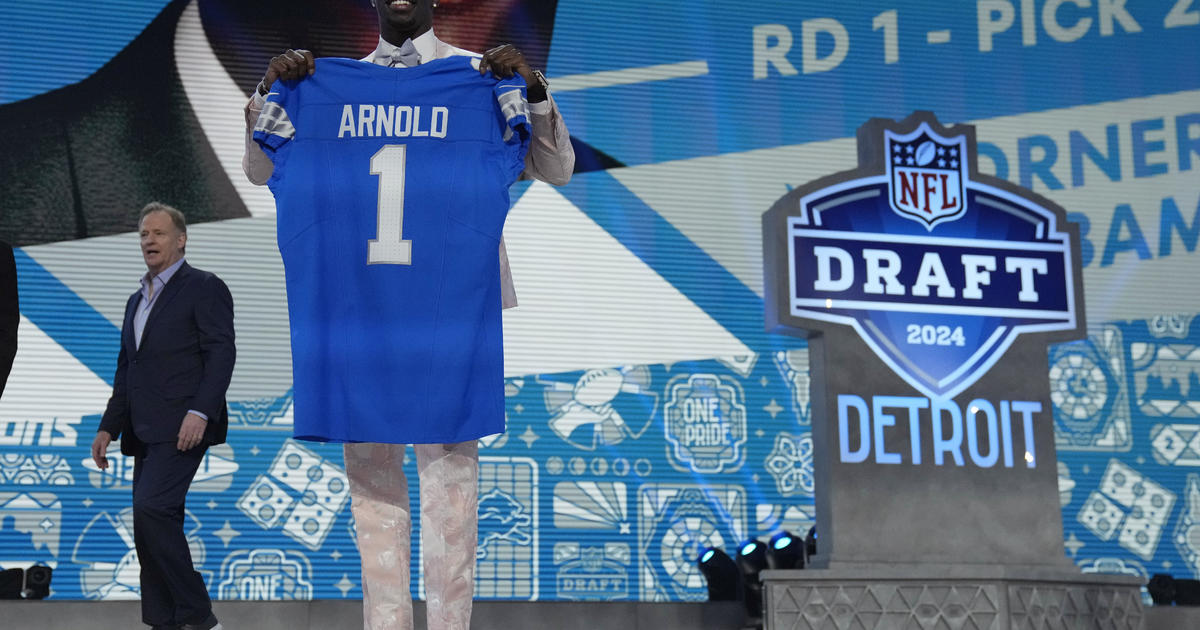Blog: Why The Tigers Can't Sign Scherzer
By: Mike Sullivan
@mikesullivan
There have only been five MLB teams to ever pay a luxury tax. The Detroit Tigers are one of them. They paid $1.3 million (17.5% of their overrun) in 2008 when their payroll exceeded the luxury tax threshold, which was $155 million at the time. Furthermore, only two organizations have ever hit the luxury tax more than once: The Yankees and The Red Sox.
The Tigers are flirting with possibly going over the luxury tax ceiling again this season, for the second time in franchise history.
The luxury tax threshold for 2015 is $189 million, which means that if any team's payroll exceeds that limit, they will incur a tax percentage on the overage. The fine starts at 17.5% for first time offenders, and goes all the way up to 50% for fourth time offenders and higher.
Major League Baseball recognizes contracts by their annual average value (AAV), not by the actual dollar amount that the team is paying a player each year. For example, Miguel Cabrera will make $22 million in 2015, however his 2015 AAV cap hit number is $29.2 million because that's the yearly average of his 8 year/$240 million contract.
This being said, Detroit currently has $141.3 million dollars committed to 11 guaranteed contracts. (Cabrera, Verlander, Victor Martinez, Sanchez, Kinsler, Nathan, Davis, Soria, Avila, Cespedes, Gorzelanny.)
The Tigers also have 4 arbitration eligible players (Price, Simon, Alburquerque, JD Martinez.) Collectively, these players are estimated to make a total of $28.6 million next season, according to MLB Trade Rumors projections.
So now Detroit's payroll is up to $169.9 million. Let's continue.
Jose Iglesias is projected to earn the same salary as 2014, which is $1.65 million.
I've now accounted for 16 players. Detroit will need to fill 9 more spots to complete their 25 man roster. These players will be pre-arbitration contracts. Guys like Castellanos, Lobstein, Romine, etc.
Let's assume that these players will make a typical pre-arbitration income of somewhere around the $507,500 MLB minimum salary. The estimated payroll hit for these 9 players will be roughly $4.6 million on the conservative side.
After this, Detroit's payroll number is now at $176.15 million, which is still nearly $13 million below the Luxury Tax threshold of $189 million. However, it gets more complicated.
The MLB requires each club to pay a 1/30th share of the player benefit costs from their payroll. These funds go towards health and welfare. This share is always between $10.5 to $11 million. We'll set it at $10.7 million.
Now, all of a sudden, after you add this cost, Detroit's payroll is at $186.85 million, which is barely $2 million shy of the luxury tax.
Max Scherzer is looking to get paid a $200 million contract which would put his average annual value around $26 to $28 million per season. Unless Detroit makes a trade and dumps some contracts, there's simply no possible way they could sign him without dramatically going over the luxury tax threshold.
Hypothetically, if they were to sign Scherzer for around $27 million per season, that means the Tigers would pay an additional tax on the $25 million dollar overage next year. Essentially meaning it would cost them a ridiculous number of $32 million in order to bring back Max.
The luxury tax is NOT a road you want to go down. If the Tigers exceed the limit, that means they would set themselves up for more trouble next season with these huge contracts. If they were to hit the luxury tax two years in a row, the tax percentage would jump from 17.5% to 30% next year. It's a very slippery slope to travel down.
The only hope to bring back Scherzer is that Mr. Ilitch simply doesn't care about the luxury tax and the Tigers become just the third team in MLB history to exceed the threshold more than once.
I can't see it happening.



